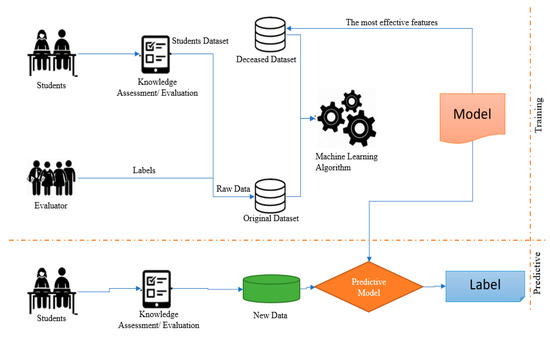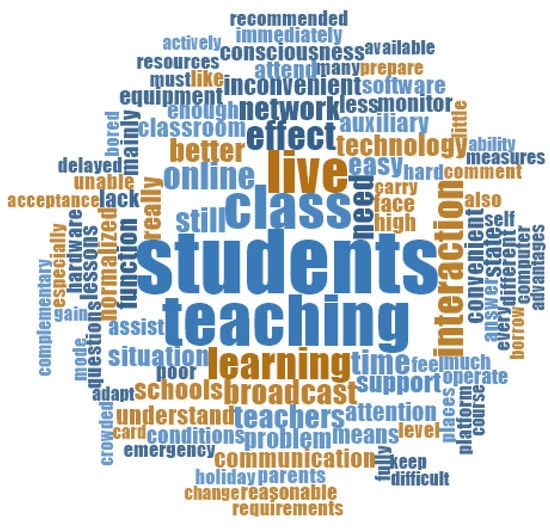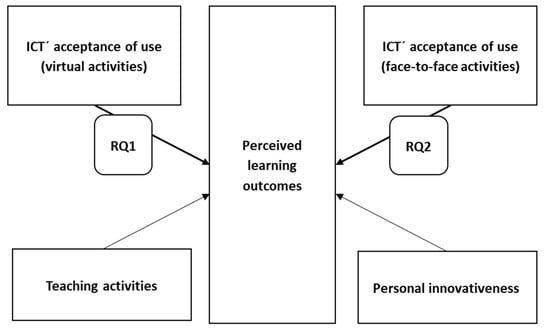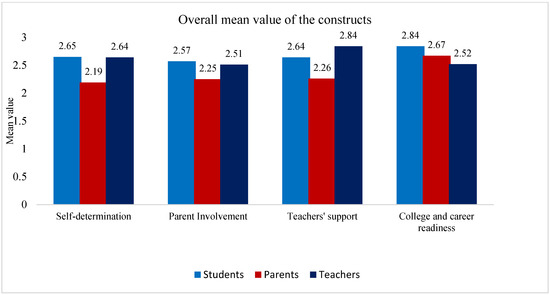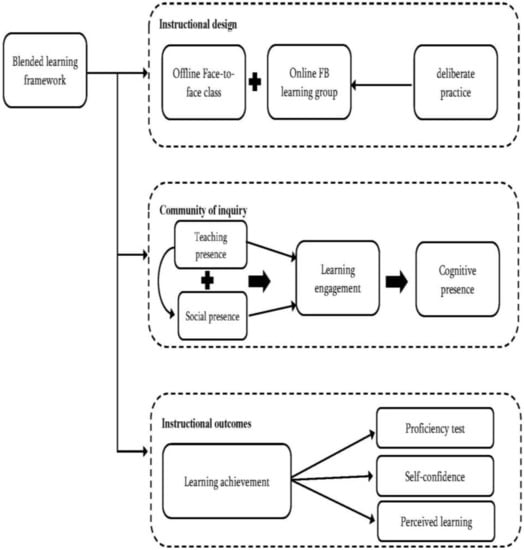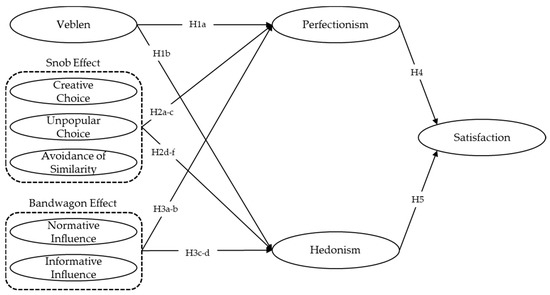The Challenges of Sustainable Education in the 21st Century
A topical collection in Sustainability (ISSN 2071-1050). This collection belongs to the section "Sustainable Education and Approaches".
Viewed by 29978Editors
Interests: learning differences; teacher education; online teaching and learning; higher education; education research; students with learning difficulties; educational psychology
Topical Collection Information
Dear Colleagues,
Education and sustainability are inextricably linked, but lately we are witnessing a forced paradigm shift that requires adaptation from both teachers and students. We see these challenges not only at the micro level, but also at the macro-organizational level. For example, community resources are in high demand, methodologies for action in these crisis conditions have hotspots, and educational policies are relatively deadlocked. We want to train citizens with cross-cultural understanding, able to make informed decisions, with abilities to think creatively and critically, willing to try a different approach which can easily adapt to new challenges. It is necessary to learn from crisis situations, in order for the educational act to become sustainable, and to be able to face the challenges that will follow.
In the contemporary period, we are witnessing a reorganization of educational processes to promote sustainable development, regardless of environmental challenges. Recent research results highlight the role of finding long-term solutions to current problems in education. More than ever, we need scientific evidence-based practices to underpin curricular innovations.
This collection of Sustainability will allow the collection of ideas and data that can form a basis for future adjustments or educational reforms to support the goals of sustainable education. Through these researches we will be able to observe which are the most appropriate interventions that we can implement in various current contexts. Furthermore, another topic of interest is the establishment of a framework for online teaching or in any other crisis conditions.
We look forward to empirical research, explorers focusing on: Improvement of theory to accommodate changes from the educational environment; their implications, their mediators and boundary conditions.
This Special Issue will comprise a selection of papers presenting original and innovative contributions to the advancement of research in areas related to online and blended learning, sustainability, pedagogical and methodological well-designed learning environment to reach sustainable education goals, and development of methodological adaptations that will enable step-changes in emerging and future modes of sustainability. Papers selected for this Special Issue will be subject to a rigorous peer-review process with the aim of rapid and wide dissemination of research results, developments, and applications.
Dr. Popa Daniela
Prof. Dr. Margarida Pocinho
Guest Editors
Manuscript Submission Information
Manuscripts should be submitted online at www.mdpi.com by registering and logging in to this website. Once you are registered, click here to go to the submission form. Manuscripts can be submitted until the deadline. All submissions that pass pre-check are peer-reviewed. Accepted papers will be published continuously in the journal (as soon as accepted) and will be listed together on the collection website. Research articles, review articles as well as short communications are invited. For planned papers, a title and short abstract (about 100 words) can be sent to the Editorial Office for announcement on this website.
Submitted manuscripts should not have been published previously, nor be under consideration for publication elsewhere (except conference proceedings papers). All manuscripts are thoroughly refereed through a single-blind peer-review process. A guide for authors and other relevant information for submission of manuscripts is available on the Instructions for Authors page. Sustainability is an international peer-reviewed open access semimonthly journal published by MDPI.
Please visit the Instructions for Authors page before submitting a manuscript. The Article Processing Charge (APC) for publication in this open access journal is 2400 CHF (Swiss Francs). Submitted papers should be well formatted and use good English. Authors may use MDPI's English editing service prior to publication or during author revisions.
Keywords
- education for sustainable development
- sustainable education
- methodological adaptations
- online teaching and learning/ e-learning
- hybrid educational environment
- blended learning
- educational paradigms
- innovative teaching and learning






